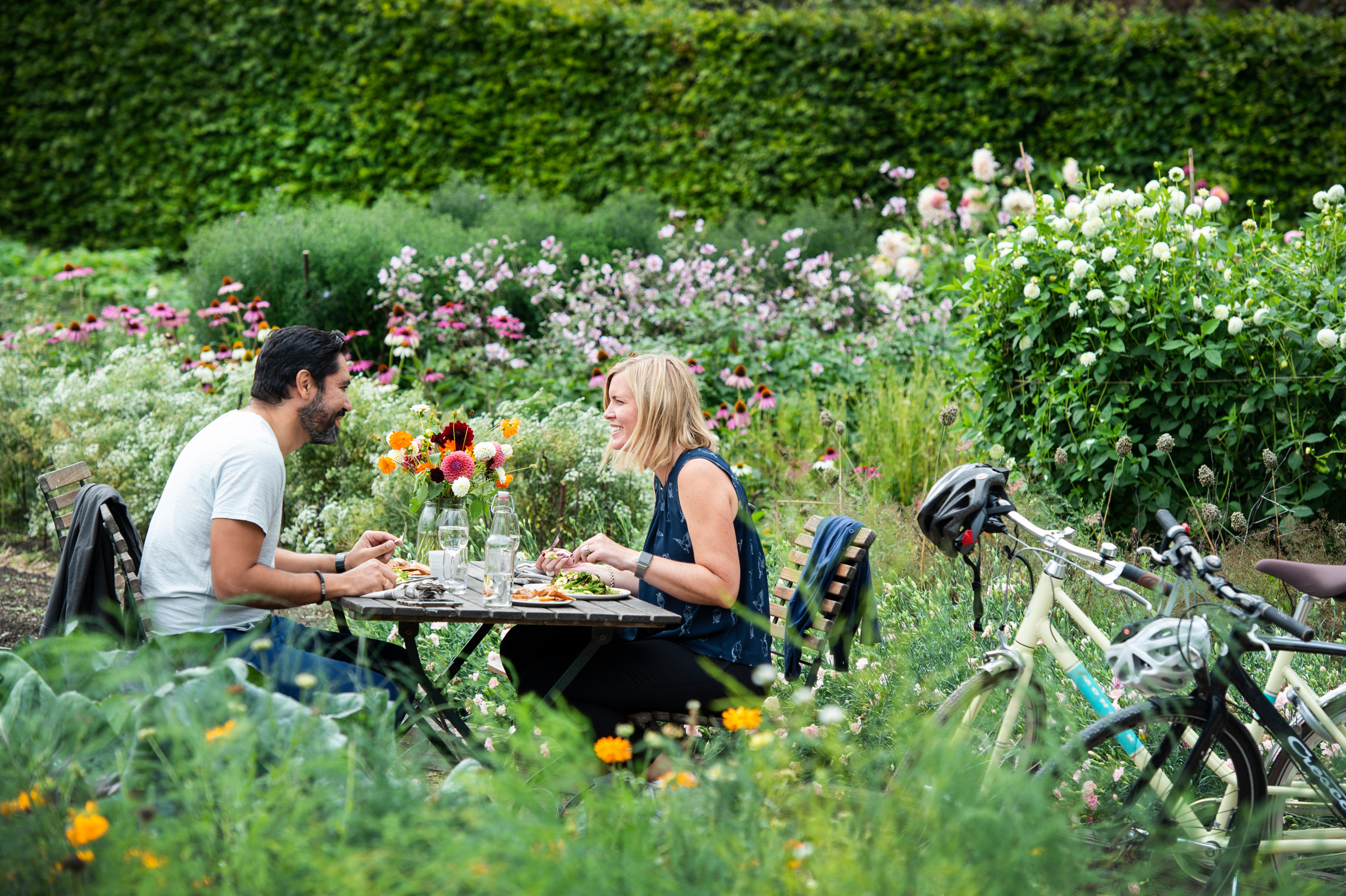Goal 1: A Strengthened Green Transition within the FJLS Sectors
This goal primarily responds to the strategic priority of a Green Nordic Region by boosting knowledge on how the green transition can be attained within the FJLS sectors. The goal also contributes to the strategic priority of a Competitive Nordic Region as the efficient and sustainable use of resources and energy is expected to boost competitiveness within primary production and processing value chains. Finally, it is also the case that healthy and more sustainable food consumption also contributes to the strategic priority of a Socially Sustainable Nordic Region by promoting healthy lifestyles and better public health.

Sub-goal 1.1: Sustainable management of natural resources
Support for Nordic co-operation and further dialogue between Nordic actors for sustainable solutions within the FJLS sectors that build up a balanced co-existence between our resource usage, the preservation of nature and other interests both on land and at sea. Greater and more developed knowledge on the sustainable and integrated management and sustainable use of genetic resources, land-based and marine resources and biodiversity in the Nordic Region. The further development of genetically diverse crops, plants, livestock animals and fish production which are adapted to climate changes and able to contribute to a sustainable food production system.
Sub-goal 1.2: Climate adaptation and reduced environmental and climate impact within the FJLS sectors
Support for policy development in order to adapt the bioeconomy to climate changes and limit impact on the environment and climate, and to promote a resource-effective, circular economy throughout the entire bio-based value chain. Co-operation around common Nordic challenges linked to climate adaptation, conflicts within land use and marine spatial management, the loss of biodiversity and pollution.
Sub-goal 1.3: Sustainable and efficient energy use within food systems
Support for initiatives that enable sustainable and efficient energy use – including through by-products and residues from the use of biomass – within Nordic food systems. Promote and further advance the exchange of experiences in order to enable the identification of synergies and circular solutions between production sectors, and to contribute to solutions for co-existence, network-building and common strategies for innovative energy solutions.
Sub-goal 1.4: Healthy and sustainable food consumption in the Nordic Region
Support for common Nordic initiatives for healthy food consumption and food environments which can promote healthy and sustainable diets and reduced levels of food waste throughout the entire value chain. Co-operation for high-quality consumer information which includes the knowledge base from the Nordic Nutrition Recommendations, front-of-pack labelling and other forms of food labelling. Initiatives to maintain food safety through risk analyses and to ensure that cost-effective and knowledge-based analytical methods are available – for example, when raw materials with a higher percentage of green proteins and by-products are introduced into both feed and food products.